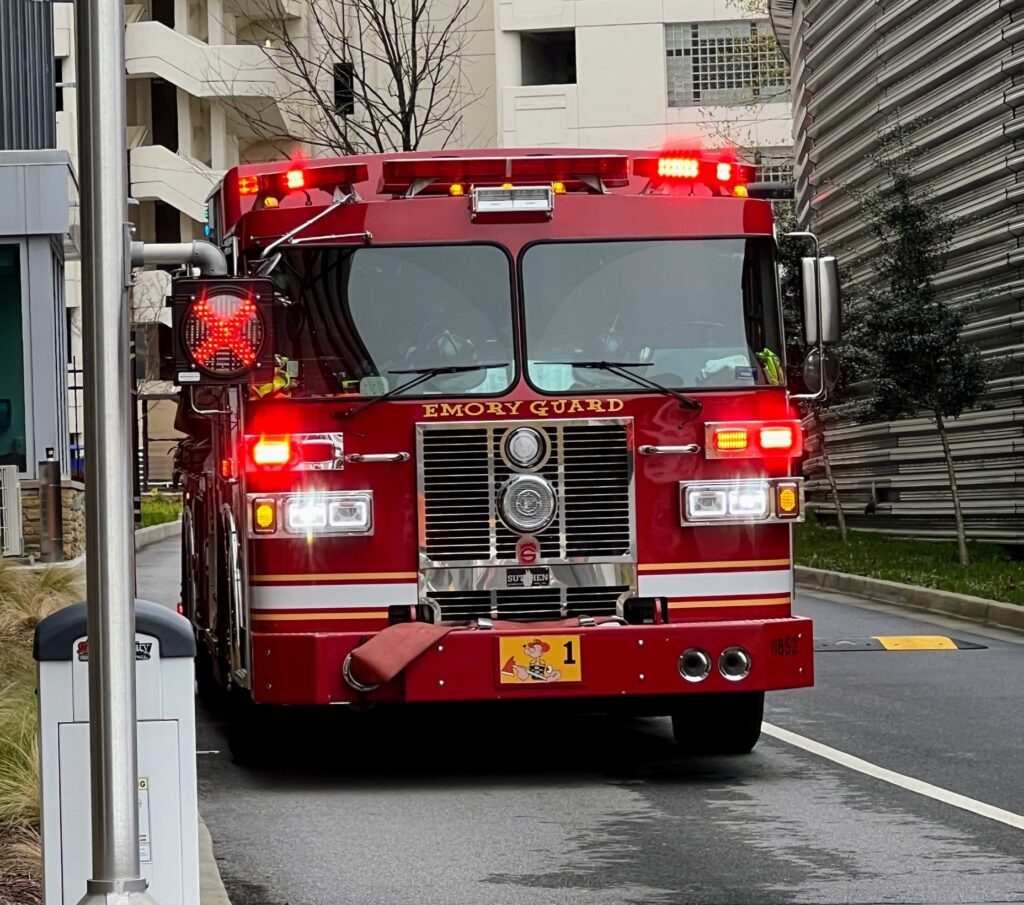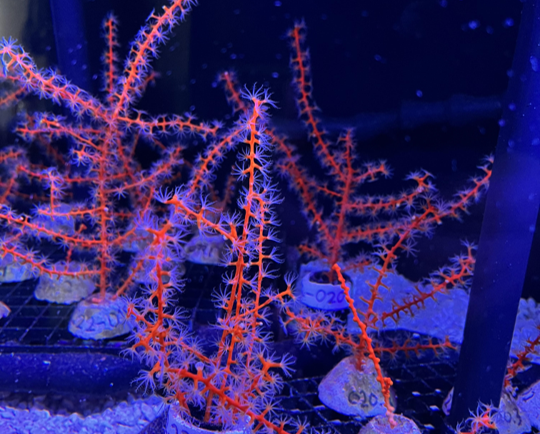
CSS supports several Centers for Disease Control and Prevention (CDC) campuses throughout the U.S. On-site CSS personnel are trained in hazardous material spill response and clean-up and provide this support within buildings and throughout campuses. As part of our contract with the CDC Hazardous Waste Program, CSS hazmat-trained employee owners are responsible for safely collecting, storing, and shipping hazardous and universal waste, as well as training laboratorians in spill control procedures, universal waste, and the Center for Disease Control’s online waste ticketing system.
A recent automobile collision on the CDC Atlanta campus caused battery acid, oil, transmission fluid, windshield wiper fluid, and antifreeze to spill into the roadway. Following the scene being secured by first responders, CSS hazmat-trained staff responded to and cleaned up the hazardous material to prevent further contamination. They used absorbent pads specifically designed for use in hazmat clean-up, and universal absorbent pillows to prevent chemicals from spreading and running into storm drains.


See More CSS Insights

1000 Samples of Lake Water Collected and Processed
Congrats to our team supporting U.S. Environmental Protection Agency’s Office of Research and Development for completing the processing and initial chemical analyses of 1000 lake water samples! They received lake water samples from across the continental U.S. this past summer and have completed the initial chemical analyses as part of the U.S. EPA 2022 National…
New Data and Reports on the U.S. Marine Economy
Each year CSS economists on contract with NOAA’s Office for Coastal Management work with other federal agencies to process the most recent economic and labor data, and extract the portions related to marine-dependent sectors.

Studying Mesophotic Coral Health
Mesophotic coral can live at depths of 500 feet below the ocean surface. Even at this depth, some of the mesophotic corals in the Gulf of Mexico were affected by the Deepwater Horizon oil spill in 2010. Our coral scientists supporting NOAA’s National Centers for Coastal Ocean Science are studying the extent of this impact.…
